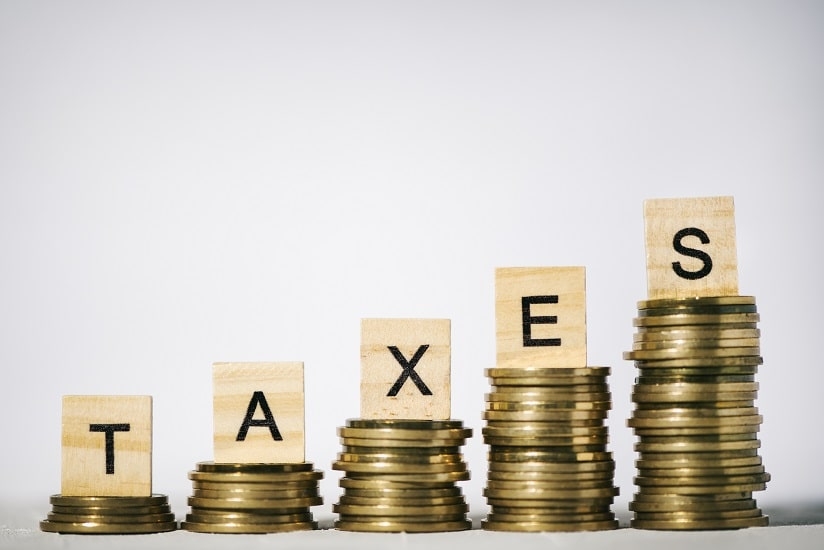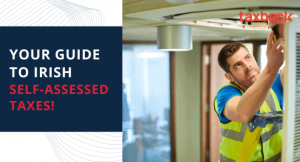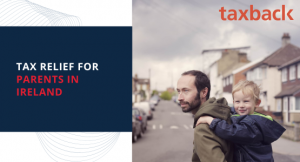Proposed tax changes in draft programme for new Irish government
It has been a long road since February’s General Election, but an agreement has been reached between Fianna Fáil, Fine Gael and the Green Party on a draft programme for government.
The programme must now be ratified by each of the parties’ memberships.
If it is passed, Micheál Martin will serve as a Taoiseach until December 2022.
The programme for government also suggests that a number of changes to Ireland’s tax system may be coming down the tracks.
Below we have outlined some of the proposed tax changes included in the document.
Budgetary Policy
In Budget 2021, the new government intends to utilize taxation measures to close the COVID-19 income and expenditure deficit and establish a balanced budget.
The good news for Irish workers is that there is likely to be no increase in income tax or USC in the next budget.
However, there may be increases in carbon tax, sugar tax and plastics.
The proposed programme commits to the 12.5% corporation tax rate and intends to continue to implement the Roadmap on Corporation Tax Reform. This outlines the next steps in the implementation of various commitments the department of finance have made for Ireland’s corporation tax.
The government has also committed to reviewing the Capital Gains Tax in each budget for the next five years.
There are plans for legislation to be brought forward for Local Property Tax (LPT) on the basis of fairness and the majority of homeowners may not face an increase. New homes that are currently exempt from the LPT may also be brought into the taxation system.

PRSI
The government says they intend to examine what changes can be made for employer and employee PRSI to help improve and enhance benefits.
Transport
In order to reduce emissions and decarbonise transport - in particular from cars and light goods vehicles - the motor taxation regime that is currently in place is set to be reviewed. Any new changes will likely only apply to newly registered vehicles. Currently the motor tax for cars registered after 1 July 2008 is based on the emissions of the engine. Cars registered before the 2008 date are taxed based on their engine size.
National Economic Plan
As part of the national economic plan for enterprise policy, the government has committed to supporting the SME (Small and Medium Enterprise) sector.
There are also plans to review the current taxation environment for SMEs and entrepreneurs in order to sustain and grow existing businesses and encourage the development of new businesses.
Waste and a circular economy action plan
The government intends to work with industries to promote a more sustainable and responsible system and culture for consumption.
The programme for government notes that the current tax system will be examined for ways to incentivise efficient use of resources.

Healthier future
Healthy Ireland is the national action plan to help Irish people to live healthier and longer lives. In line with this action plan, a number of measures are set to be introduced to help support the health and well-being Irish citizens. One such measure which may be introduced is a targeted taxation system that will discourage ‘vaping’ and e-cigarettes.
The average Irish tax refund is €1,880
Remote Working
As a result of COVID-19, thousands of workers around Ireland are now working remotely.
The new government has said that it intends to look for ways to better support home workers and also to encourage more people to work remotely in future. At present, if you work from home, your employer can provide you with a payment of €3.20 per day to cover the additional cost associated with working from home. If your employer doesn’t reimburse the daily amount of €3.20, you can claim back 10% of the allowable bills as tax relief.
You can learn more about e-worker tax relief here.
Agriculture
In the dairy sector, the government has said that they will examine the current tax measures that are in place in order to manage evolving issues like market volatility.
There are plans to implement a number of measures to help with the climate and biodiversity crisis while working with farmers to bring change on each farm and the chance to benefit from the actions made.
Direct proportion of the proceeds of the carbon tax is proposed to be put towards climate focused measures in the agri-food sector.
You can read the full programme for government here.




